
Blog
Exploring Christmas – Christmas Origin, History, Traditions, and Cultural Insights
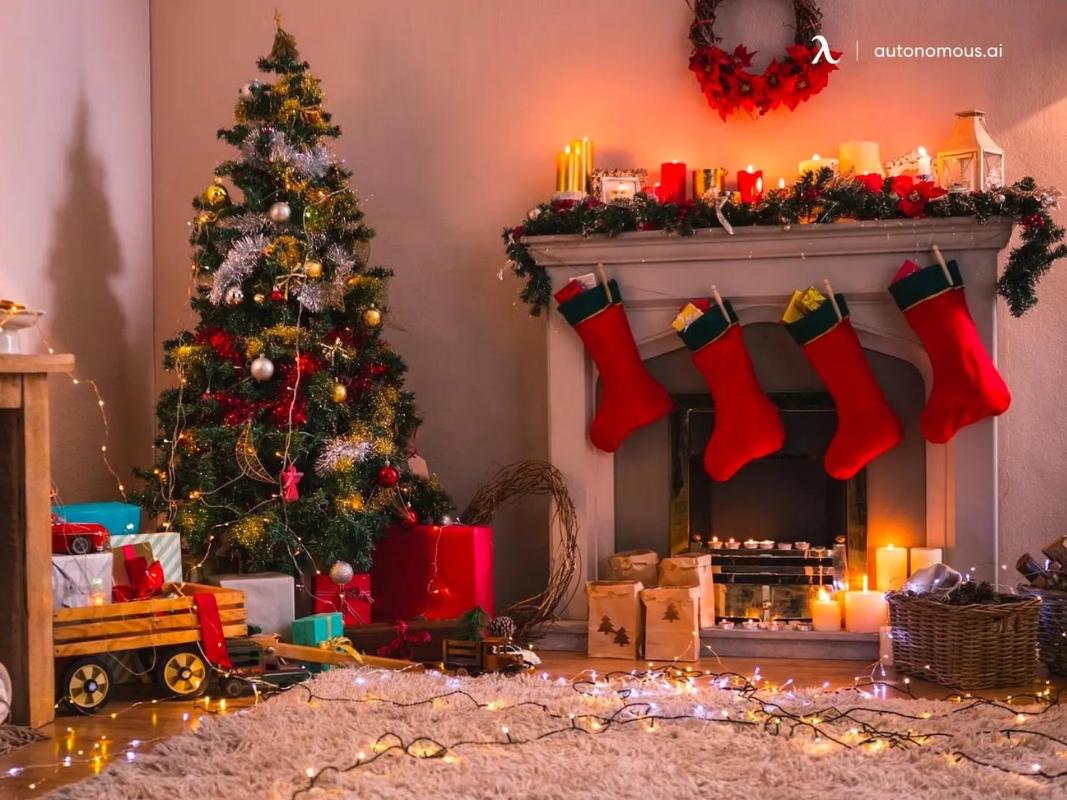
Christmas is one of the most celebrated holidays worldwide, known for its festive spirit, joyous traditions, and profound cultural significance. This article explores the Christmas origin, definition, traditions, history, and interesting facts about Christmas, providing a comprehensive understanding of this beloved holiday.
Christmast Origin and Definition
Christmas Origin

The word “Christmas” comes from the Old English term “Cristes Maesse,” meaning “Christ’s Mass.” It commemorates the birth of Jesus Christ, believed to have occurred on December 25th, although the exact date is not specified in the Bible. The celebration of Christmas as a holiday began in the early centuries of Christianity, but its origins predate the Christian era.
Pagan Roots
Many Christmas traditions have pagan origins. For instance, the Romans celebrated Saturnalia, a festival in December honoring Saturn, the god of agriculture. This week-long celebration included feasting, role reversals, gift-giving, and decorating homes with greenery, which influenced Christmas customs. Saturnalia was a time of joy, where slaves and masters would switch roles, and moral restrictions were loosened.
Integration into Christianity
The integration of these pagan traditions into Christianity helped facilitate the conversion of pagans to Christianity. Early Christians did not celebrate Jesus’ birth but focused on Epiphany, which included multiple events in Jesus’ early life. By the 4th century, the Church officially adopted December 25th as the date to celebrate Jesus’ birth. This date was likely chosen to coincide with existing pagan festivals, such as Saturnalia and the celebration of Sol Invictus (“the Unconquered Sun”), which honored the sun god and marked the winter solstice.
Historical Context
- Sol Invictus: The festival of Sol Invictus, established by the Roman Emperor Aurelian in 274 AD, celebrated the “Unconquered Sun” on December 25th. This festival was associated with the rebirth of the sun, as it marked the end of the darkest days of winter and the return of longer daylight hours. Early Christians adopted this date to celebrate the birth of Jesus, who they considered the “Light of the World.”
- Constantine and Christmas: The first recorded celebration of Christmas on December 25th was in 336 AD during the reign of Emperor Constantine, the first Roman emperor to convert to Christianity. Constantine’s influence was crucial in establishing Christmas as a significant Christian holiday.
Spread and Development
As Christianity spread throughout Europe, various cultures integrated their customs and traditions into the celebration of Christmas. For instance, the Nordic tradition of Yule contributed the Yule log, and the Roman Saturnalia contributed gift-giving and merrymaking. Over the centuries, Christmas evolved into a complex holiday with a rich tapestry of religious and secular elements.
Christmas Definition
Christmas is both a religious and cultural holiday celebrated on December 25th by billions of people around the world. It marks the birth of Jesus Christ in Christian theology and has evolved to include various secular traditions and customs.
Religious Significance
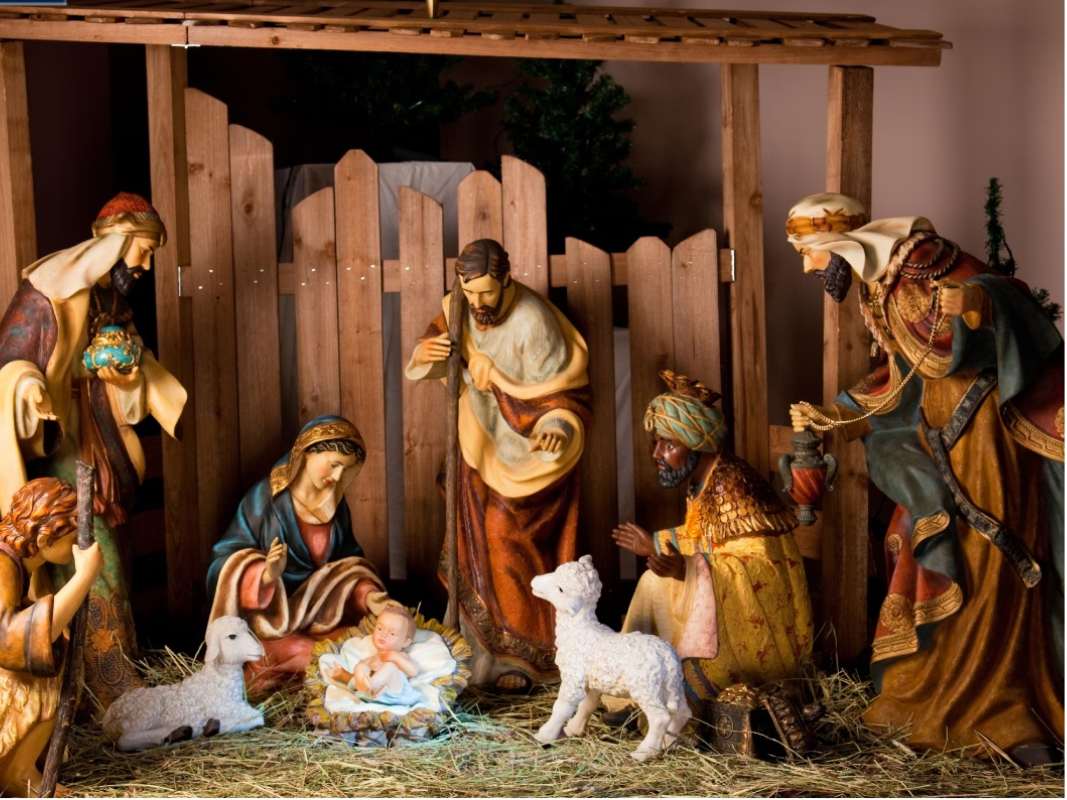
For Christians, Christmas is a time to celebrate the birth of Jesus Christ, the Son of God. The story of Jesus’ birth is recounted in the Gospels of Matthew and Luke, describing how Mary and Joseph traveled to Bethlehem, where Jesus was born in a manger because there was no room at the inn. Angels announced his birth to shepherds, and Wise Men from the East brought gifts of gold, frankincense, and myrrh.
Secular Celebration

In contemporary culture, Christmas has also become a time for family gatherings, feasting, and exchanging gifts. The holiday season, often starting after Thanksgiving and extending to New Year’s, includes various traditions such as decorating homes, sending Christmas cards, and singing carols. Christmas has thus become a blend of Christian and secular traditions, celebrated in various ways around the world.
Christmas History
Early Celebrations

The earliest known celebrations of Christmas date back to the Roman Empire in the 4th century. Initially, it was part of the larger festival of the Epiphany, which included the birth, baptism, and first miracle of Jesus. Over time, the celebration of Jesus’ birth on December 25th became more distinct.
Establishment as a Christian Holiday
Emperor Constantine, the first Roman emperor to convert to Christianity, played a significant role in the establishment of Christmas as a Christian holiday. In 336 AD, December 25th was chosen to coincide with the Roman pagan festival of Sol Invictus (the “Unconquered Sun”), which celebrated the winter solstice. This alignment helped facilitate the conversion of pagans to Christianity by allowing them to continue their traditional celebrations.
Middle Ages
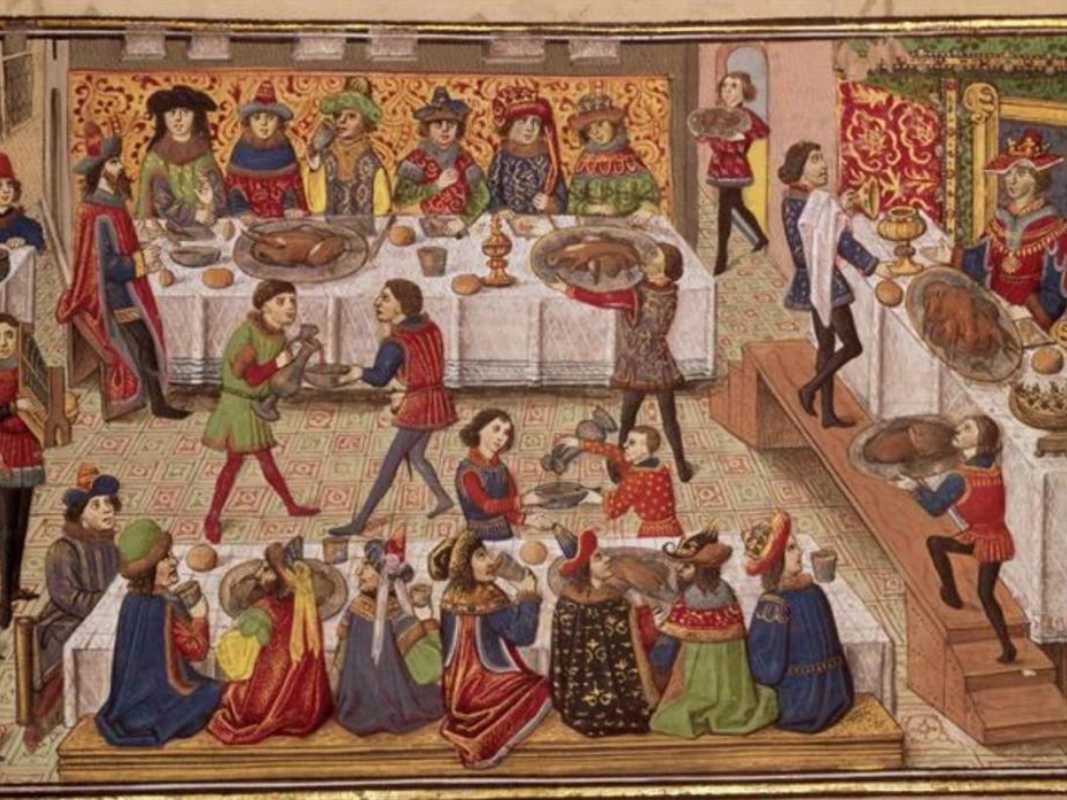
During the Middle Ages, Christmas evolved into a time of feasting, merrymaking, and social gatherings. Many of the traditions associated with Christmas today, such as gift-giving, singing carols, and decorating homes, began during this period.
Medieval Customs
Medieval Christmas celebrations included feasts, pageants, and religious observances. The tradition of the Yule log, which originated in Scandinavia, was incorporated into Christmas festivities. A large log was brought into the home, lit on Christmas Eve, and was meant to burn for the twelve days of Christmas, symbolizing the return of light to the world.
Modern Era
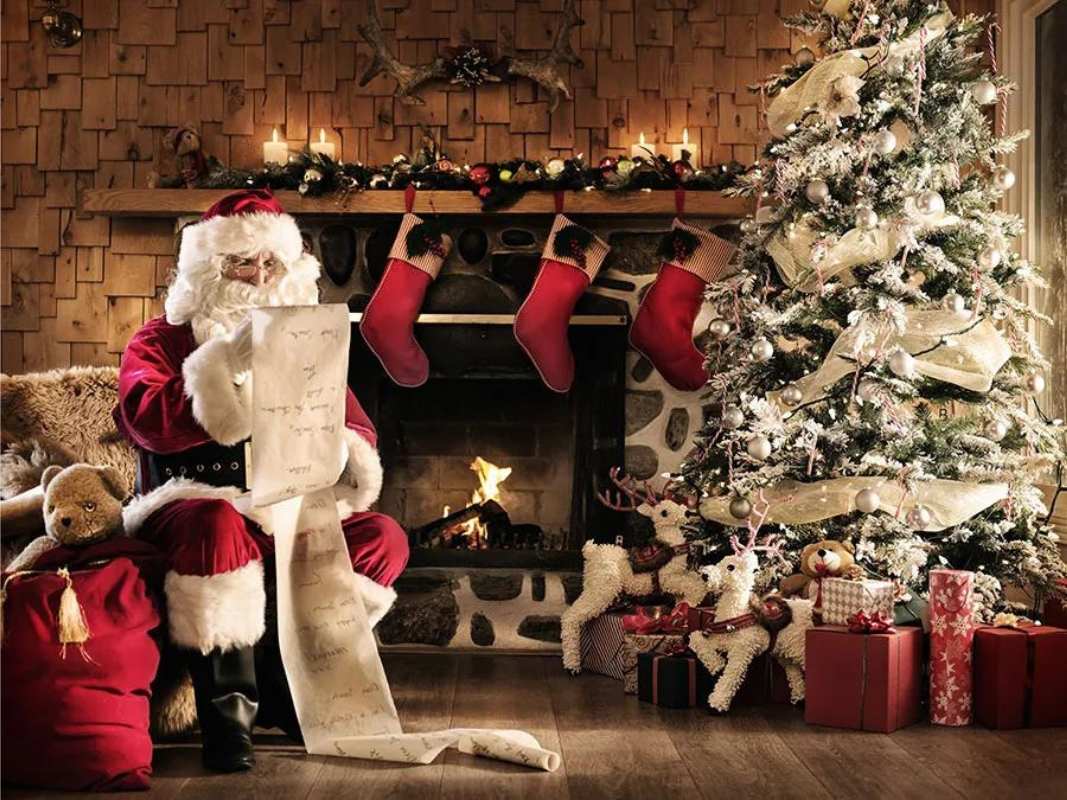
In the 19th century, Christmas became more family-oriented and child-centered. The introduction of Christmas trees, largely popularized by Queen Victoria and Prince Albert in England, and the publication of Charles Dickens’ “A Christmas Carol” helped shape modern Christmas celebrations. The concept of Santa Claus also evolved during this time, influenced by the Dutch figure of Sinterklaas and the writings of Clement Clarke Moore and Thomas Nast.
Victorian Influence
The Victorian era significantly influenced modern Christmas traditions. The Christmas tree, decorated with candles, fruits, and homemade ornaments, became a central feature in homes. Christmas cards, first commercialized in 1843, became a popular way to send holiday greetings. Charles Dickens’ “A Christmas Carol,” published in 1843, highlighted the themes of family, charity, and goodwill, reinforcing the moral and festive spirit of Christmas.
Santa Claus
The modern image of Santa Claus was shaped by the 1823 poem “A Visit from St. Nicholas” (also known as “The Night Before Christmas”) and illustrator Thomas Nast’s depictions in the late 19th century. Santa Claus, derived from the Dutch Sinterklaas and the British Father Christmas, is portrayed as a jolly, rotund man in a red suit who delivers presents to children on Christmas Eve.
Christmas Traditions
Religious Traditions
Religious traditions form the core of Christmas celebrations for many people around the world, highlighting the holiday’s spiritual significance.
- Nativity Scenes: Nativity scenes, also known as crèches, depict the birth of Jesus Christ. These displays typically include figures of Mary, Joseph, baby Jesus, shepherds, the Wise Men, and animals. Originating in Italy under St. Francis of Assisi in the 13th century, nativity scenes are now a central part of Christmas decor in Christian homes and churches worldwide.
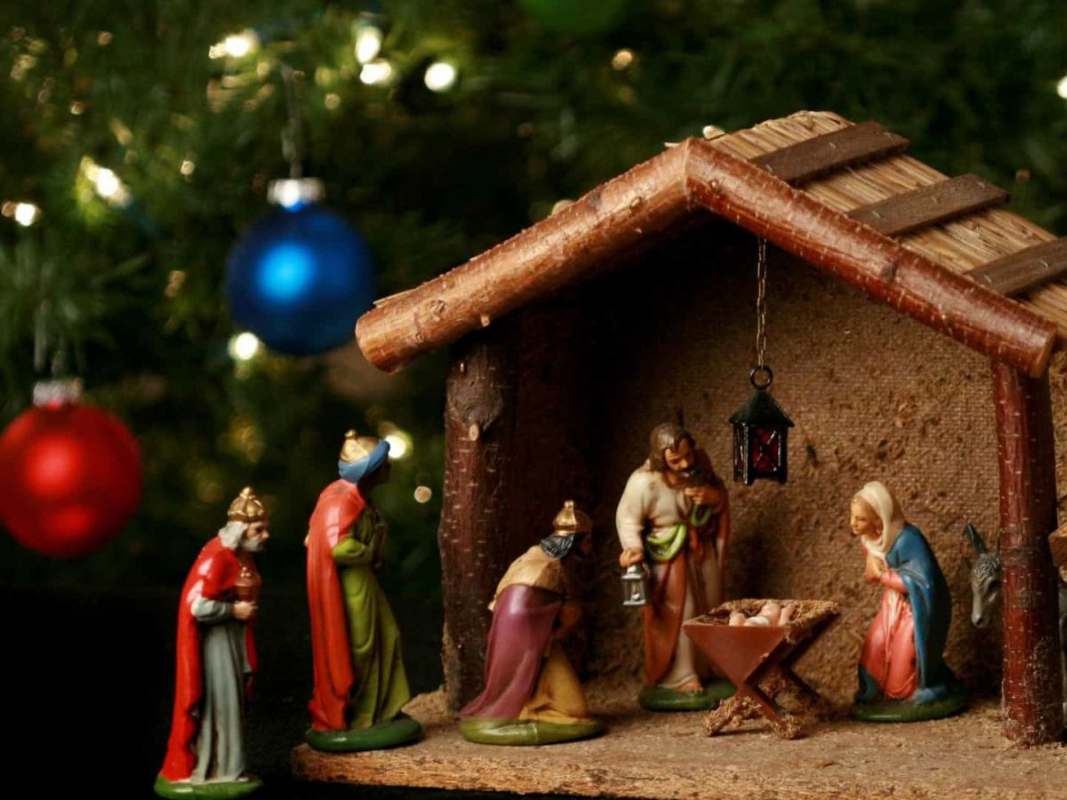
- Midnight Mass: Midnight Mass is a special church service held on Christmas Eve to commemorate the birth of Jesus. It is often a solemn and joyous occasion, featuring carol singing, readings from the Bible, and a reenactment of the Nativity story. This tradition is particularly significant in Roman Catholic and Anglican churches.
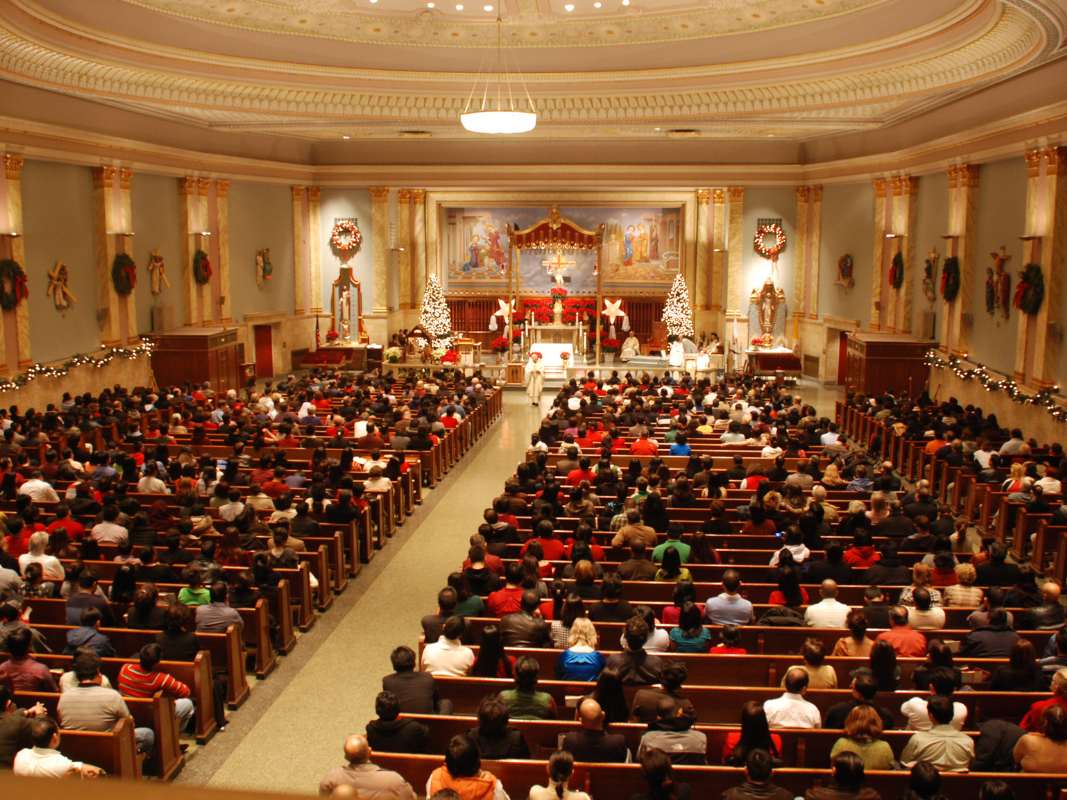
- Advent: Advent is the period leading up to Christmas, beginning on the fourth Sunday before Christmas Day. It is a time of preparation and reflection, marked by various customs such as the lighting of Advent candles on an Advent wreath and the use of Advent calendars. Each candle on the wreath represents a specific aspect of the spiritual preparation for the coming of Jesus.
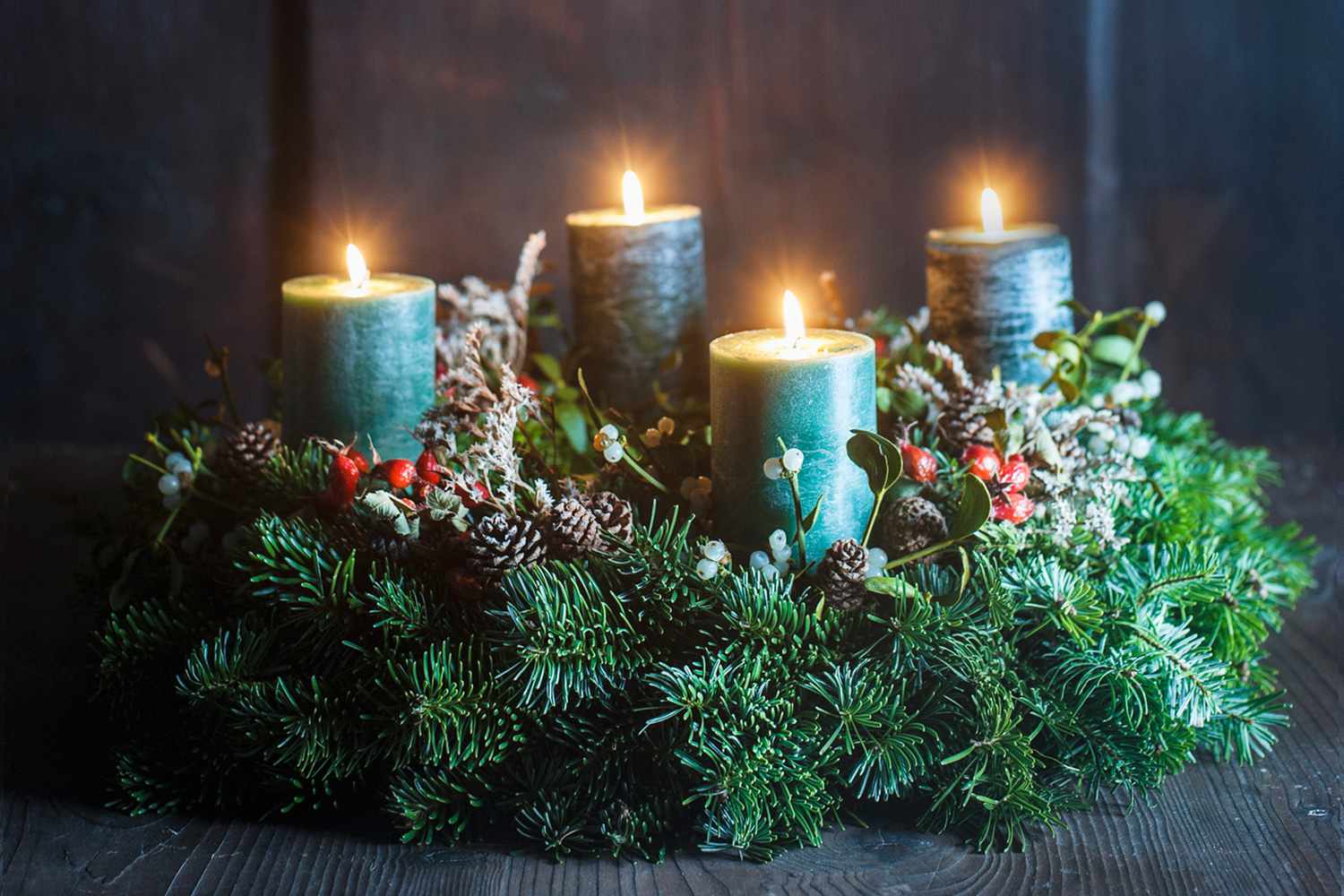
Secular Traditions
Secular traditions have become an integral part of Christmas celebrations, adding festive cheer and activities that can be enjoyed by everyone, regardless of religious beliefs.
- Christmas Trees: The Christmas tree is one of the most iconic symbols of the holiday season. This tradition began in 16th-century Germany, where devout Christians brought decorated trees into their homes. Today, Christmas trees are decorated with lights, ornaments, tinsel, and sometimes popcorn and cranberry garlands. The tree topper, often a star or an angel, symbolizes the Star of Bethlehem or the host of angels who announced Jesus’ birth.
- Gift-Giving: Exchanging gifts is a central aspect of Christmas, inspired by the gifts brought to Jesus by the Wise Men. This tradition symbolizes the generosity and love that characterize the holiday season. Gift-giving has become a significant part of family gatherings, office parties, and social exchanges during Christmas.
- Santa Claus: Santa Claus, also known as Father Christmas, St. Nicholas, or Kris Kringle, is a legendary figure who delivers gifts to children around the world on Christmas Eve. His modern image as a jolly man in a red suit was popularized by 19th-century literature and illustrations, particularly through the poem “A Visit from St. Nicholas” and the illustrations of Thomas Nast. Santa is often depicted flying in a sleigh pulled by reindeer, visiting homes via the chimney to leave presents under the Christmas tree.
- Caroling: Christmas caroling involves singing festive songs and carols, often door-to-door or at public gatherings. This tradition dates back to medieval times when wassailers would travel through their villages singing and spreading cheer in exchange for food and drink. Today, caroling is a popular activity that brings communities together and spreads holiday joy.
- Feasting: Christmas feasts are a hallmark of the holiday, featuring elaborate meals shared with family and friends. Traditional dishes vary by region but often include roast turkey, ham, stuffing, mashed potatoes, and a variety of desserts like Christmas pudding, fruitcake, and mince pies. Festive drinks like eggnog, mulled wine, and hot cocoa are also commonly enjoyed.
- Decorating Homes: Homes are adorned with a variety of decorations, including lights, wreaths, garlands, and stockings hung by the fireplace. Each element adds to the festive atmosphere, creating a warm and inviting space for celebrating the season.
- Christmas Cards: Sending Christmas cards is a long-standing tradition that began in the 19th century. These cards often feature festive imagery and heartfelt messages, allowing people to express their holiday wishes to friends and family. In the digital age, e-cards and social media greetings have also become popular.
- Holiday Movies and Music: Watching Christmas movies and listening to holiday music are beloved traditions that enhance the festive spirit. Classics like “It’s a Wonderful Life,” “Home Alone,” and “A Christmas Carol,” along with Christmas carols and modern holiday songs, are enjoyed by many during the holiday season.
Unique Traditions
Christmas is celebrated in diverse ways around the world, reflecting a rich tapestry of cultural customs and traditions.
- Norway: In Norway, people hide their brooms on Christmas Eve to prevent witches from stealing them. This tradition stems from ancient beliefs in witches and evil spirits that were thought to roam freely on Christmas Eve.
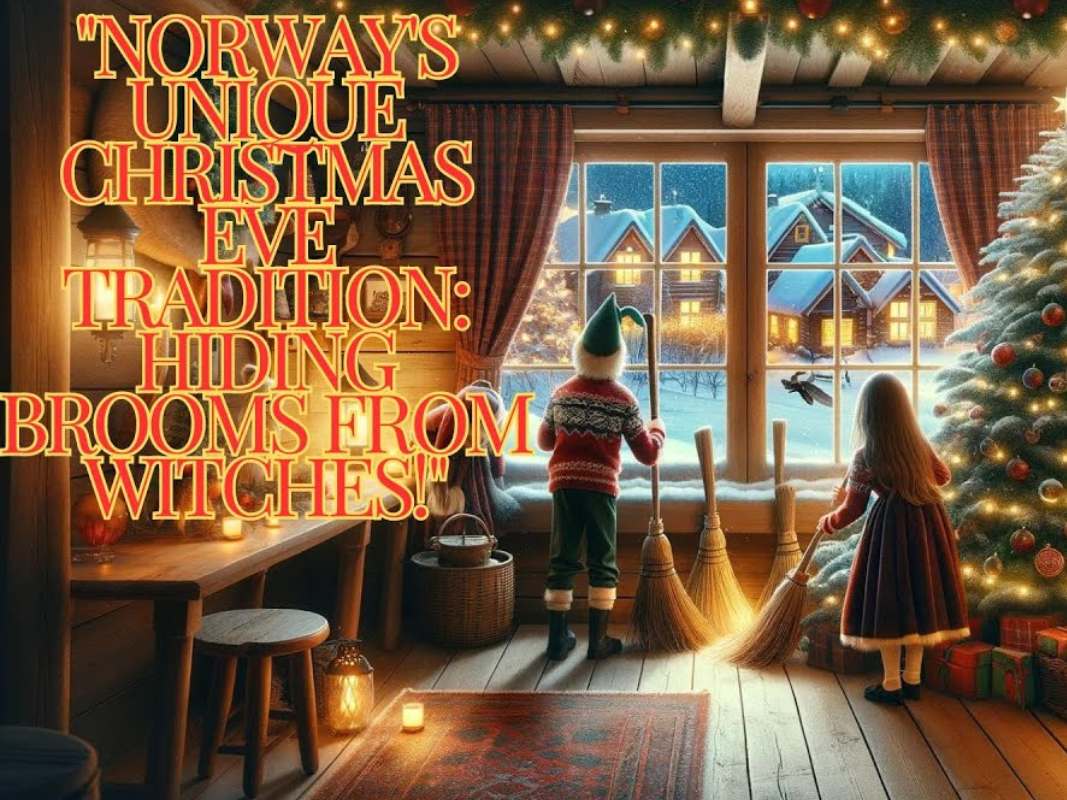
- Philippines: The Giant Lantern Festival in San Fernando is a dazzling display of lanterns, each more elaborate than the last. This festival, known as “Ligligan Parul,” attracts visitors from around the world and showcases the artistry and craftsmanship of the local community.
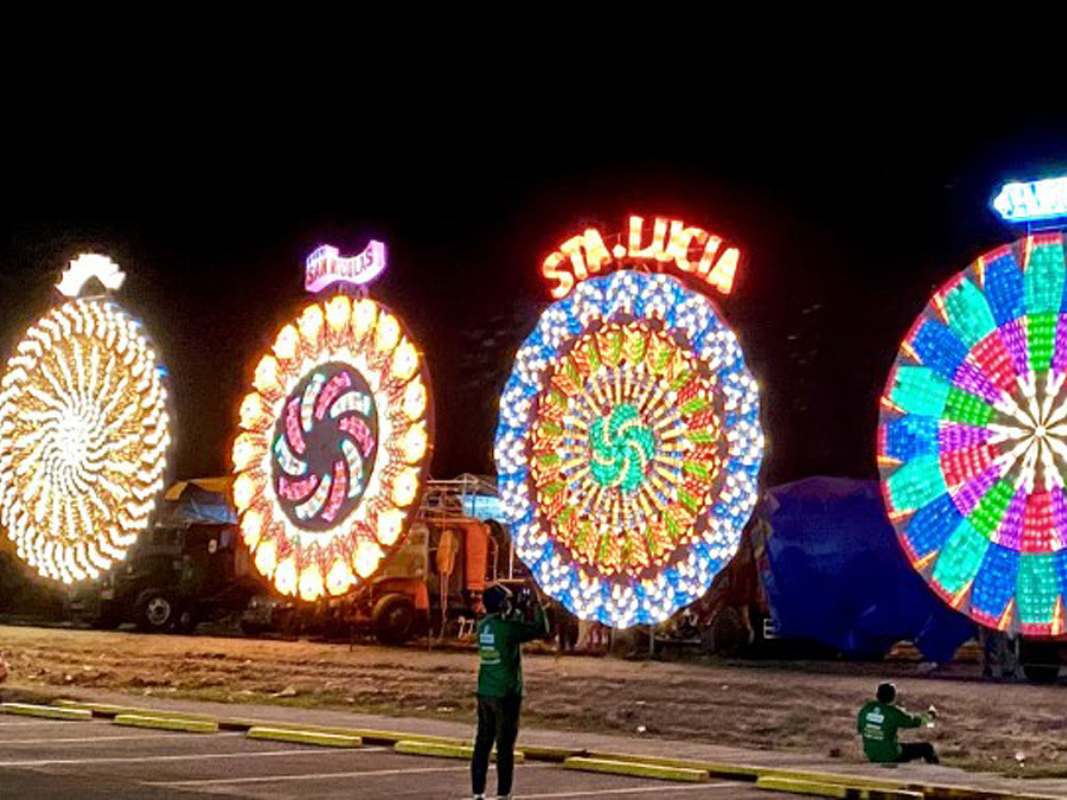
- Iceland: In Iceland, children place shoes in their windows to be filled with gifts by the 13 Yule Lads. Each Yule Lad visits on a different night, leaving gifts or treats for well-behaved children and rotten potatoes for those who have misbehaved.
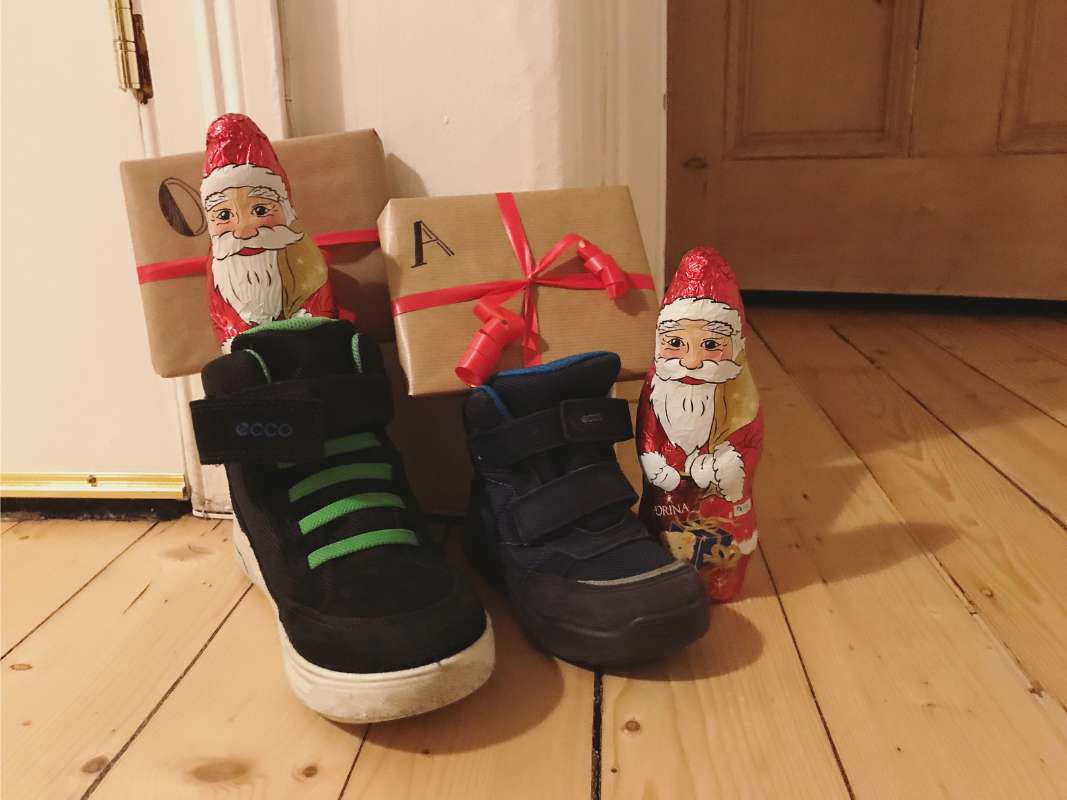
- Mexico: “Las Posadas” is a nine-day celebration in Mexico, reenacting Mary and Joseph’s search for shelter before Jesus’ birth. Each night, processions and parties take place, culminating in a grand celebration on Christmas Eve.
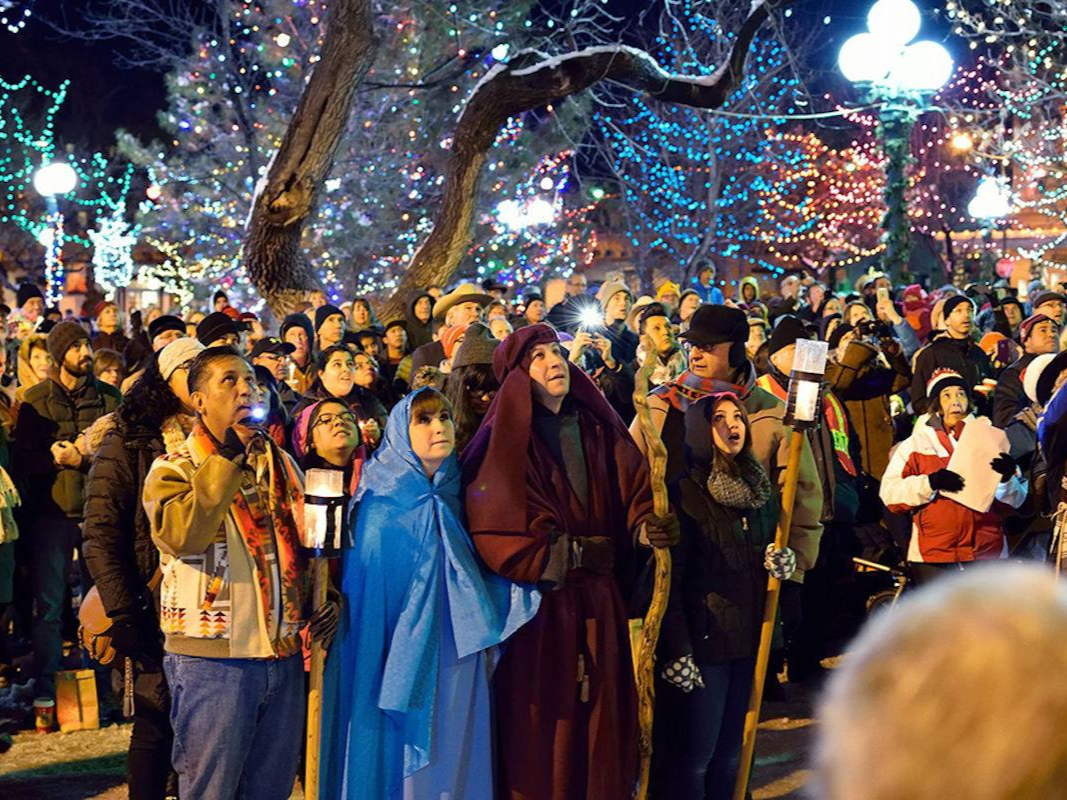
- Australia: In Australia, Christmas falls during the summer, so many people celebrate with barbecues, beach outings, and outdoor activities. Carols by Candlelight, an event held in cities across the country, features people gathering outdoors to sing Christmas carols by candlelight.

Historical Tidbits
- Prohibition of Christmas: In the 17th century, Puritans in England and America banned Christmas celebrations, considering them too frivolous and pagan. In 1647, the English Parliament banned Christmas, and in colonial America, the celebration of Christmas was outlawed in Boston from 1659 to 1681. Celebrants faced fines for festive activities.
- Commercialization: Christmas has become a significant economic driver, with the holiday shopping season accounting for a large portion of annual retail sales. Black Friday, Cyber Monday, and other sales events have become integral to the holiday season, boosting consumer spending.
Celebrating the Season
Christmas is a multifaceted holiday with deep religious roots and rich cultural traditions. From its early origins and historical evolution to its modern-day celebrations and unique global customs, Christmas continues to bring joy, unity, and a sense of wonder to people around the world.
At Kiricard, we specialize in creating exquisite pop-up cards that capture the essence of artistry and creativity. Each card is meticulously designed to bring joy and wonder to your celebrations, blending modern innovation with timeless techniques. Our pop-up cards make perfect additions to your Christmas decor, adding a whimsical and unique touch to your festive setup.
Follow Our Blog for More Interesting News
Instagram | Facebook | TikTok | Pinterest
Stay connected and inspired! Follow our blog for more insights into the world of traditional crafts and creative gift ideas. Visit our blog to stay updated with the latest trends, tips, and stories celebrating the beauty of tradition and creativity. Celebrate in style with Kiricard and make this Christmas truly unforgettable.





 Christmas
Christmas Father’s Day
Father’s Day Valentine’s Day
Valentine’s Day Easter
Easter Thanksgiving
Thanksgiving Halloween
Halloween
 Birthday
Birthday Wedding
Wedding Anniversary
Anniversary Graduation
Graduation Baby Shower
Baby Shower House Warming
House Warming
 For Him
For Him For Her
For Her For Kids
For Kids
 Floral
Floral Animals
Animals Trees
Trees Architecture
Architecture Vehicle
Vehicle LGBTQ+
LGBTQ+ Just Because
Just Because
 Pop-up Box
Pop-up Box Pop-up Stand
Pop-up Stand